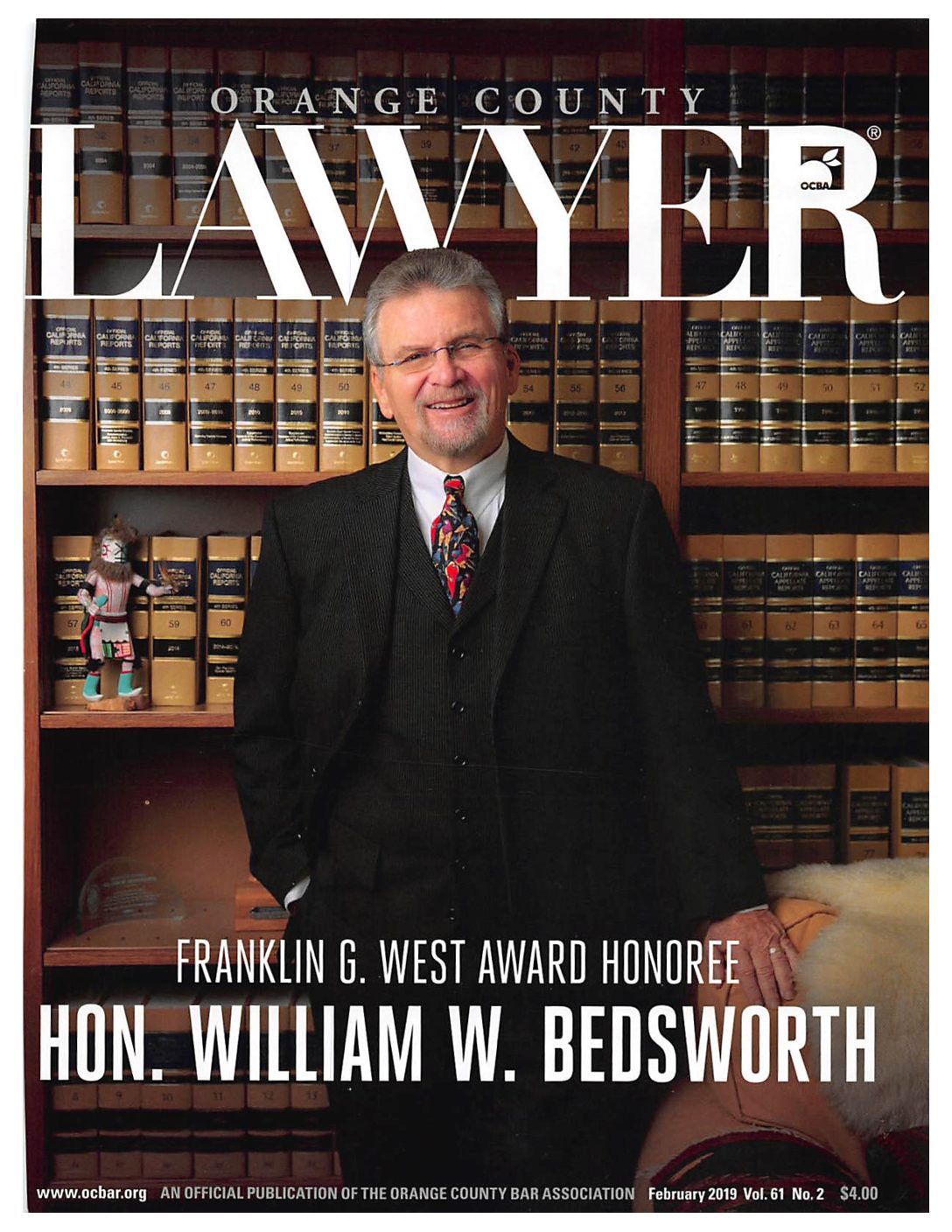This past January, Senate Bill 954 was codified in Evidence Code section 1129. This new law requires attorneys to obtain their client’s acknowledgment on a one-page printed disclosure form explaining the confidentiality of mediation communications, before the client agrees to mediation. However, if the client has already agreed to mediation, this new law requires attorneys to get their client’s acknowledgment on the disclosure statement as soon as “reasonably possible after retention.” Given the extra burden this might place in multi-plaintiff lawsuits, this requirement does not apply to class or representative actions but will apply to all other actions.
Fortunately, the precise language required to be in the disclosure is set out clearly in the statute and Section 1129(d) includes a concise disclosure language that if used, will satisfy disclosure requirements. It is important to note that the disclosure must be written in the preferred language of the client. The purpose of this new law is to encourage mediation confidentiality and wider public candor. Prior California law had already required that mediation communications taken in anticipation of or at mediation remained confidential and were not admissible as evidence. However, uninformed clients, who were not aware of this confidentiality requirement could be in for a surprise when they found out that this restriction also carried over beyond their present issue, such as in subsequent malpractice actions.
This legislation was met with opposition from both the Plaintiff and Defendant bar with respect to enacting this law. However, the Legislature passed this law because it believed that attorneys were not adequately informing clients on the confidentiality of information exchanged in mediation. Mediation confidentiality encourages the parties to speak freely and openly to facilitate resolution. As such, confidentiality is necessary for mediation to be successful and productive. An attorney’s failure to abide by its requirements would not set aside a settlement or impact the confidentiality of the mediation.
Interestingly, this new law does not provide specific remedies or penalties for violations of its requirements. As such, it is unclear whether a client can recover against an attorney for not providing this disclosure. However, an attorney that fails to comply with this disclosure and acknowledgment requirement may be subject to discipline.



